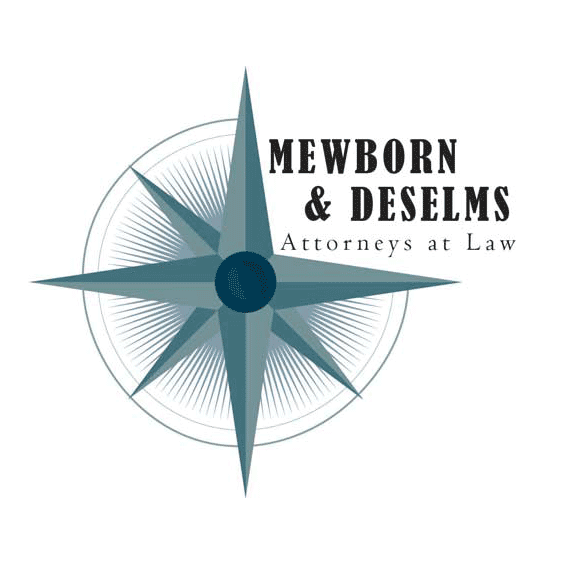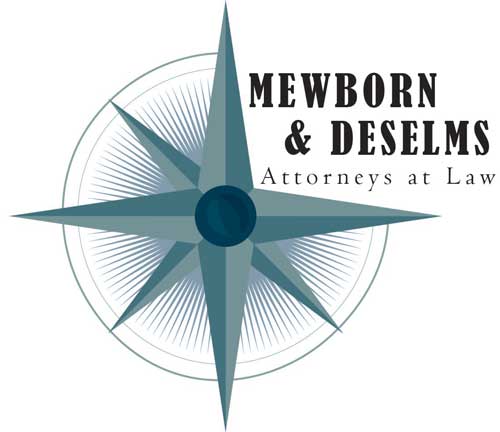As a North Carolina entrepreneur and business owner, commercial leases probably will play a big part in your life. Even if you own the building that currently houses your business, you undoubtedly will need to lease additional space when you want to expand and add new business locations.
If you have not yet entered into a commercial lease, you will find that when you do, it will look nothing like the residential leases with which you are familiar. As FindLaw explains, commercial and residential leases differ from each other in the following three main ways:
- Commercial leases almost invariably last for several years while residential leases traditionally last for a single year.
- You get the opportunity to negotiate many of a commercial lease’s terms, an opportunity that most residential leases do not give you.
- Commercial leases have fewer legal protections for both you and your potential landlord because the law presumes that both of you are business people who possess greater business knowledge than residential lessors and lessees.
These differences, however, make commercial leases considerably more complicated than residential leases. Your best interests dictate that you consult an experienced commercial real estate attorney before negotiating and signing one.
Commonly negotiated commercial lease terms
While you can negotiate virtually every term of a commercial lease, the following represent the terms most commonly negotiated:
- How long your lease period will last
- The amount of your monthly rent and the times when and amounts by which your landlord can raise your initial rent
- The amount of your security deposit and the conditions under which you will get it back at the end of your lease period
- Whether you, your landlord or both of you will pay for property improvements during your lease period
- What types of restrictions, if any, the landlord can place on your business with regard to signage and other advertisement
- Whether or not you can sublease your leased premises and under what conditions
This is general educational information and not intended to provide legal advice.


